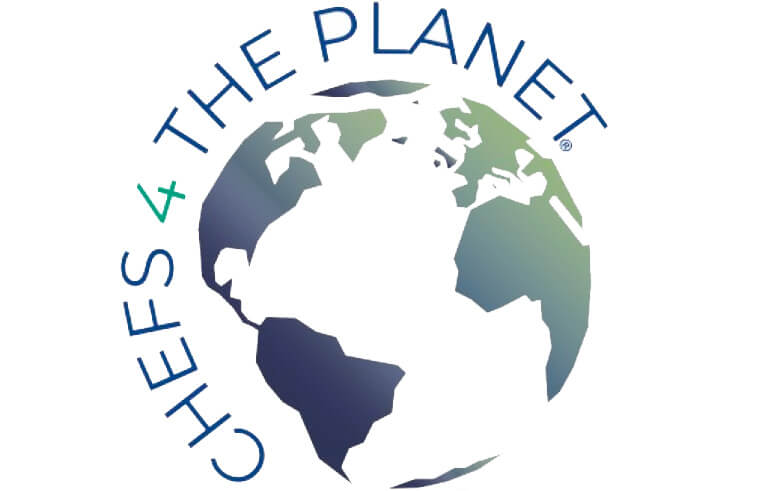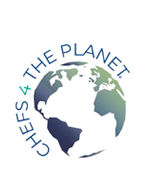A third of the planet’s agricultural land is at “high risk” of pesticide pollution from the lingering residue of chemical ingredients that can leach into water supplies and threaten biodiversity, according to research published Monday.
The use of pesticides has soared globally as agricultural production has expanded, prompting growing fears over environmental damage and calls to cut hazardous chemical use.
Researchers in Australia modelled pollution risk across 168 countries with data on the usage of 92 active pesticide ingredients and found “widespread global pesticide pollution risk”.
They highlighted several acutely vulnerable ecosystems in South Africa, China, India, Australia and Argentina, at the nexus of high pollution risk, high water scarcity and high biodiversity.
The study, published in Nature Geoscience, found that overall 64 percent of global agricultural land —approximately 24.5 million square kilometres (9.4 million sq miles)—was at risk of pesticide pollution from more than one active ingredient, and 31 percent is at high risk.
“It is significant because the potential pollution is widespread and some regions at risk also bear high biodiversity and suffer from water scarcity,” said lead author Fiona Tang, of the University of Sydney’s School of Civil Engineering.
Tang said there were a number of factors that would contribute to a region becoming a potential contamination hotspot, including using excessive amounts of pesticides or those containing highly toxic substances.
Some environmental factors may also slow the breakdown of the pesticides into non-toxic substances, like cold temperatures or low soil carbon, while heavy rainfall might also cause high levels of run-off.
The study did not look directly at impacts on human health, but researchers said the leaching of pesticides into water used for drinking could pose a risk and called for a greater analysis into contamination of rivers, estuaries and lakes.
Read the rest here: https://phys.org/news/2021-03-global-farmland-high-pesticide-pollution.html


